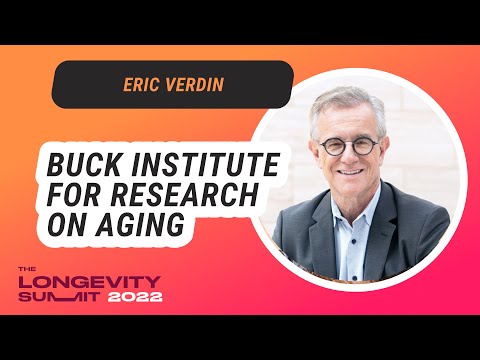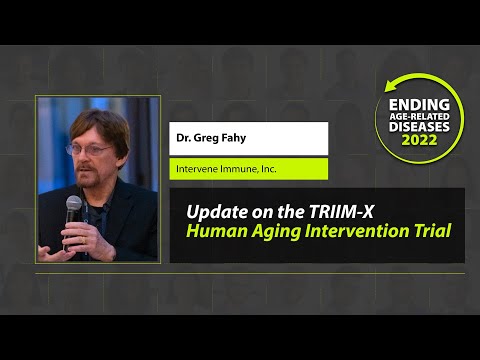That’s a good point, most of these GH/IGF-1 mutant studies are not conditional, so the deficiency starts at t=0. My point (worded rather poorly) was that inhibiting GH/IGF-1 axis prior to adulthood isn’t desirable in humans, given that we generally value height.
The study you linked is quite interesting. They knocked down liver IGF-1 is at 5 months (this is considered adulthood) and in females it gave median lifespan extension and trend towards max lifespan extension. No significant changes in male lifespan. Good and bad functional changes (reduced kidney disease in males, decrease in overall disease burden in males, increased liver cancer in males and females, impaired spatial learning in males).
One other thing is those mice compensate by drastically elevating GH and this might mask some of the benefits of IGF-1 knockdown. For example, GH induces insulin resistance, an effect that may be independent of IGF-1.
Another study knocked down GHR at 6mo in mice and found extension of median and max lifespan but only in females. Whereas only the males showed increased insulin sensitivity, reduced markers of fat and protein oxidation in subq fat and liver, and reduced cancer and overall disease burden.
The circulating GH was even higher in these mutants (~100ng/mL at 22mo), whereas your study had ~30ng/mL and ~10mg/mL in the mutants and controls, respectively. This high circulating GH coupled with incomplete GHR knockdown in tissues like skeletal muscle and heart makes me wonder if these tissues were being exposed to supraphysiological activation of GHR intracellular pathways.
Overall, I think the evidence points toward increased GH/IGF-1 being bad for longevity, even in adulthood. Although the mice data seems to indicate that lifespan extension from reducing this axis is more likely in women (especially if started in young adulthood). I think if body composition was also kept in check, the benefits in the GHR conditional knockdown might be more extensive, as these mice are significantly fatter.
Will certainly help once we have more info on Loyal’s LOY-001. Would also be nice to see mouse studies on Pegvisomant, which would less drastically inhibit GHR signaling than the conditional GHR knockdown, and more uniformly inhibit GHR signaling across tissues.

